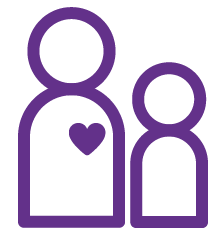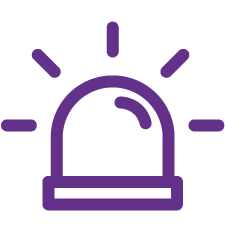Give help where it’s most needed
“Give charity without delay, for it stands in the way of calamity.” (Hadith al-Tirmidhi)
£40 / month - Can contribute towards providing a vulnerable family with food for a month, clean water, and medical aid. Your donation is a lifeline for a family that has lost their home and livelihood.
£35/month - Help us be ready to respond rapidly, wherever and whenever disaster strikes, helping families to access food, shelter, medicine, and clean water.
£20 / month - Can contribute towards providing a vulnerable family with food for a month, clean water, and medical aid. Your donation is a lifeline for a family that has lost their home and livelihood.
Give one of the most selfless charities this Ramadan and multiply your blessings.
When you give to our Where Most Needed Fund, your donation will support those who most need help, when they most need help, across the 30 countries in which we work.
Help us to keep our Where Most Needed Fund operating and saving lives. It’s running critically low, leaving us unable to respond to upcoming crises.
The kindest way to give
This fund is one of the most generous ways you can give. It allows us to respond to urgent, under-reported crises, like localised flooding, or a village displaced by violence, or an outbreak of cholera – without having to wait weeks for funding to arrive.
Our Where Most Needed Fund also helps us to bridge the gap when a vital project needs more funding. It helps us to build schools, train people to have a skilled job for life, and install deep water wells in areas that have run dry for years due to climate change.
Why give with Human Appeal?
Human Appeal has 33 years of experience working closely with local experts to locate where the need is greatest, creating sustainable solutions that work best for specific communities.
Donate to our Where Most Needed Fund and reap the multiplied blessings of this selfless act of compassion during the merciful month of Ramadan.
Give mercy today.
Human Appeal is committed to providing aid in the country or programme that you select. In the event we complete the programme, exceed the required funds, or are denied access to a particular country for reasons beyond our control, Human Appeal reserves the right to reallocate your donation to another programme where it is needed most.
























